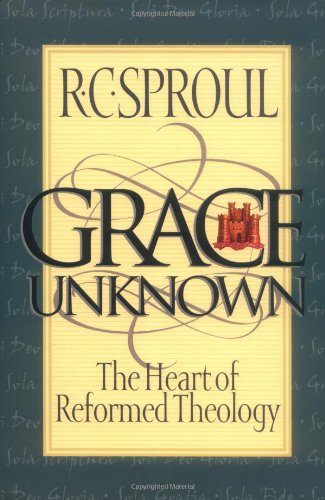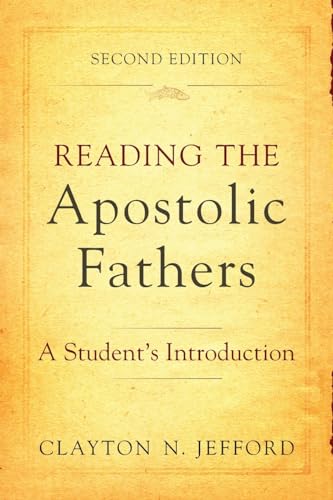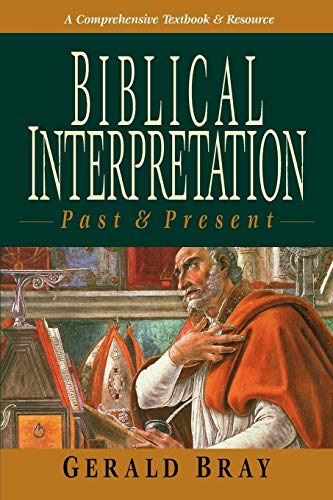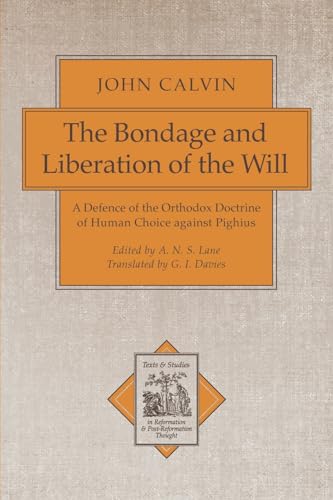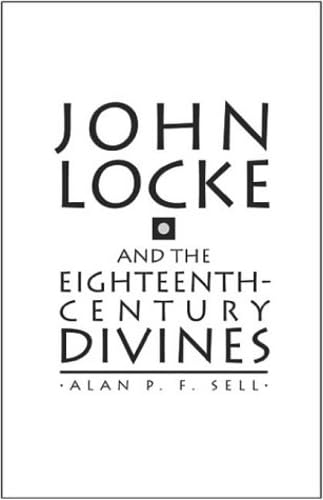British Quaker Theology Since 1895
Written by Martin Davie Reviewed By Carl TruemanThis interesting book started life as a doctoral dissertation supervised by Dr Jan Womer and Dr Alister McGrath, the latter of whom provides a brief foreword. It is a clearly written piece of work which traces the development of Quaker theology from the Manchester Conference of 1895 through to the present day. The author’s thesis is that liberalising elements were introduced into Quaker theology at the end of the nineteenth century which led to a slow but sure erosion of doctrinal orthodoxy. This process has culminated in the current theological diversity (‘anarchy’ is perhaps a more accurate, if less charitable word) which characterises the contemporary Quaker scene, where both more conservative and highly radical theologies are espoused by different members of the group.
Davie’s case starts from the premise that the original theology of the Quakers was essentially orthodox, holding to what he characterises as ‘core of conviction’: they regarded Christ as God’s supreme revelation and the Bible as the primary theological authority; they believed in Christ’s divinity; they held humanity to be fallen and depraved; and they saw salvation as being through Christ alone. In the hundred years since the Manchester Conference, every single one of these five points has been subjected to vigorous criticism to the point where the once dominant conservative and evangelical voice of Quakerism is now virtually drowned out by that of the liberals.
Davie’s discussion of the period is exhaustive, and his knowledge of the sources very impressive. He is stronger on description than analysis, but one of the strengths of the work is the fact that, for those unfamiliar with the territory, there is a large amount of citation from primary sources which allows readers to gain their own impression of the material being discussed.
The most interesting aspect of the account is the manner in which developments in Quakerism parallel the tendencies within mainstream Christian theology during the same timespan. This is not surprising, as Quaker theologians clearly borrowed heavily from mainstream liberal thinking. In the early days this involved the absorption of biblical criticism; in more recent times, the views of Lampe, Macquarrie, and, most importantly, Tillich (mediated to an extent via John Robinson) have impacted upon Quaker thought with the inevitable results in terms of the undermining of traditional orthodoxy. The pattern of the change is depressingly familiar as well: the collapse of scriptural authority; the abandonment of orthodox understandings of Christ’s person; the replacement of penal understandings of atonement with exemplar models; and, ultimately, rejection of the uniqueness and finality of the claims of Christianity.
My one major query concerns the essential orthodoxy of early Quakerism. The discussion of early Quakerism left me wondering why, if the Quakers were so orthodox, they had been so violently opposed at a theological level by the more mainstream Christian groups of the seventeenth century. Was it all a terrible misunderstanding? I suspect not. There are two problems with Davie’s discussion: first, while he acknowledges that the ‘core of conviction’ is to be understood in Quakerism in a fundamentally Pelagian way which radically limited the impact of sin upon post-Fall humanity, he fails either to emphasise this fact or to bring out its implications for the development of Quaker theology; and, secondly, he highlights the fact that Quakers did not regard the Bible as God’s revelation, but again fails to bring out the importance of this both in separating the early Quakers from their mainstream contemporaries and in shaping subsequent theological developments.
In fact, these two aspects of Quaker theology provide the basis for an alternative reading of the developments he outlines. In limiting the impact of sin, the Quakers started out with a theological framework which, in terms of epistemology, was inevitably going to be less critical of autonomous human reason and thus more open to the appropriation of secular thought. In addition, this view of human sinfulness was always going to make orthodox notions of atonement, theodicy etc. problematic. Then, in dividing the Bible from revelation, they set up a theology which always had a dangerously subjective foundation, as exemplified and reinforced by the ‘inner light’ teaching. It is thus arguable that the later developments were, if not inevitable, then highly likely on the grounds that Quaker theology really provided little ammunition for any convincing counter-attack against the assaults of modern thought. One could thus perhaps argue for a greater degree of continuity at a certain level between classic Quaker theology and its modern descendant.
There are lessons to be learned from this history which has many obvious parallels with developments within modern evangelicalism to allow for any complacency. The diversity of modern Quaker thought is clearly thought of by some (though not, I suspect, by Dr Davie) as a sign of healthy tolerance. The closing words of the book are thus a sobering reminder of what is at stake: ‘The issue which British Quakers might want to consider is whether this lack of clarity is a sign of healthy open-minded pluralism, or simply of theological confusion?’
Carl Trueman
Carl Trueman is Professor of Biblical and Religious Studies at Grove City College in Grove City, Pennsylvania.



